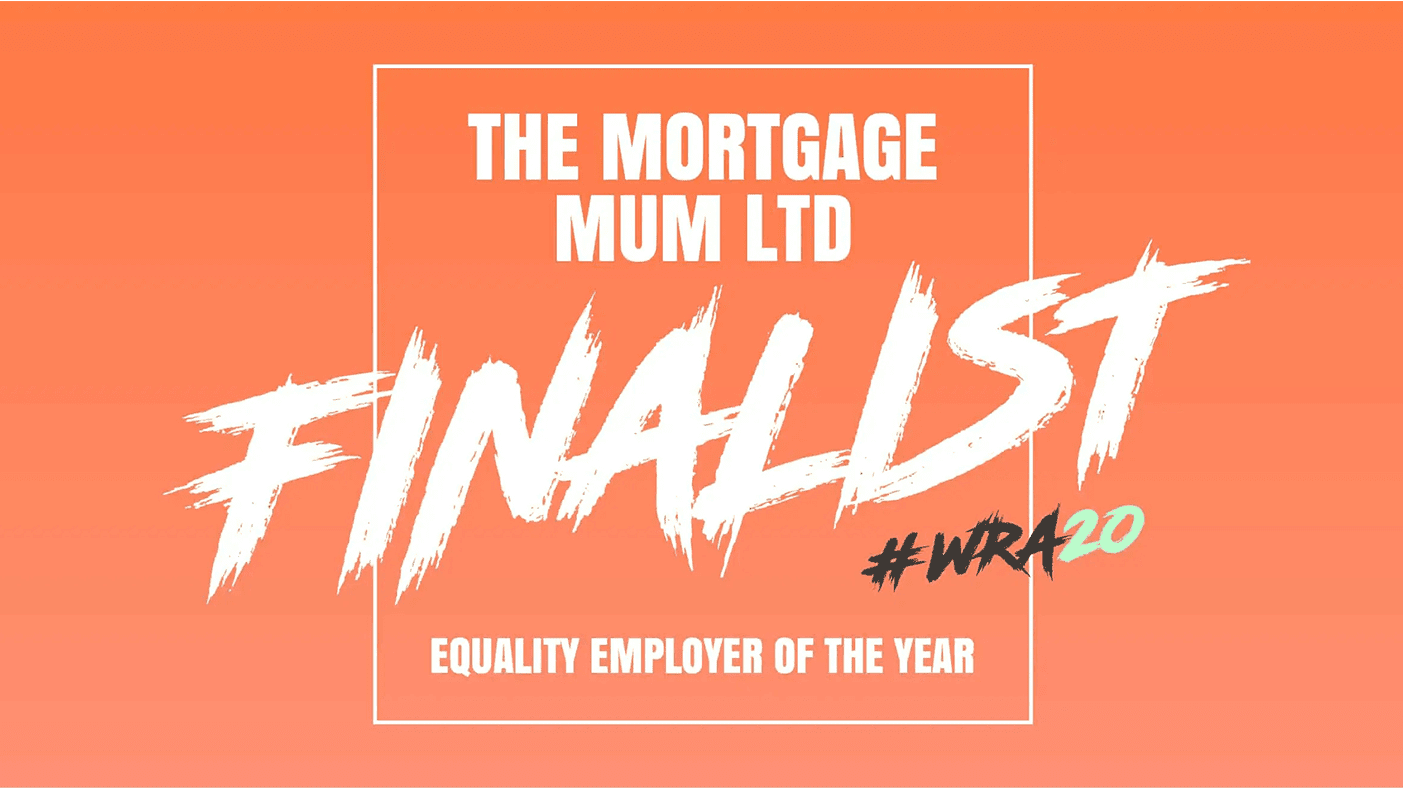It would seem that we’ve made it through the worst of the pandemic with life slowly starting to return to normal. Workers are now legally allowed to return to offices up and down the country with the worst of the Covid-19 pandemic thought to be behind us – but has 18 months of flexible working opened the door for working from home to become the ‘new normal’.
The majority of people across the UK will have experienced some form of flexible working since the first lockdown began back in March of 2020 with the vast majority of offices nationwide offering employees the opportunity to work remotely. With businesses having witnessed how working from home can work with rapid advancements in accompanying technology over the last 18 months, could flexible or ‘hybrid’ working really be the future.
Given the sudden necessity for flexible working due to the pandemic, it is a topic that has sparked plenty of recent debate. Is it really a feasible method of working moving forward, and could it even be beneficial for businesses?
A recent study taken by Stanford has found that working from home increased productivity by 13%. The increase in productivity was cited to be due to more calls per minute attributed to a more convenient and quieter working environment. The study took place over a period of nine months and also cited fewer breaks and sick days as reasons for the improvements in performance.
Hybrid Working
Hybrid working is a relatively recent term that could well become much more common in the coming years. With people slowly returning to offices up and down the country, some businesses are opting to trial hybrid working – where employees will split their working week between their homes and offices. Many businesses are keen to preserve what has turned out to be an efficient way of working for many companies, along with the fact that employees working remotely greatly decreases overheads.
Hybrid working is a great way to incorporate the benefits of working from home while not completely disregarding the social benefits of office life. Another study taken recently that flexible and hybrid working can lead to better staff retention as employees tend to experience a more favourable work/ life balance.
Running a business from home
Obviously, it isn’t just employees who have been forced into flexible working over the last year and a half. Many self-employed people also saw their workspaces relocated to within their own homes during the pandemic. Although there are a few more hurdles to overcome such as permissions or separate insurance from your mortgage provider along with permissions from local planning offices and councils depending on the nature of the business being run, many of the same benefits still apply. With the technology to connect with employees and clients being so readily available now, flexible and hybrid working could be a serious alternative for a variety of companies nationwide.
Although there will be many people up and down the country who look forward to returning to the office in the near future, it would be safe to assume that flexible working will not become a thing of the past. With a multitude of advantages along with the fact that many workers have enjoyed the switch to home based working, it is more likely than ever that working from home, at least in some capacity, will become a considerably more common reality.
Catch up on other blog posts from The Mortgage Mum here.
Sign up to The Mortgage Mum email newsletter here.
Source: Mortgage Intelligence
Image via Unsplash / Surface

























































